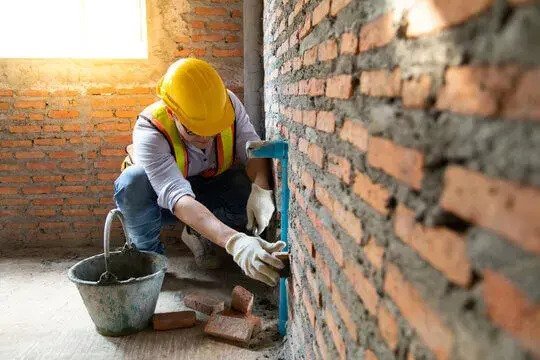The Essential Guide to Masonry Estimating
The Essential Guide to Masonry Estimating: Ensuring Accurate and Competitive Bids Masonry work, the art of building structures from individual units of brick, stone, and concrete, is a timeless skill that requires not just craftsmanship but also precise planning and calculation. Whether you're a contractor, construction manager, or homeowner, understanding the ins and outs of masonry estimating is crucial for ensuring your project is successful, both in terms of quality and cost-efficiency.

What is Masonry Estimating?
Masonry estimating is the process of calculating the total cost associated with the masonry work of a construction project. This includes the cost of materials, labor, equipment, and any other expenses that may arise during the construction process. A detailed and accurate masonry estimate is crucial for creating a realistic budget and ensuring the financial viability of a project.
The Importance of Accurate Masonry Estimates
An accurate masonry estimate ensures that all parties have a clear understanding of the project's scope and cost, helping to avoid unexpected expenses and disputes down the line. It also allows contractors to bid competitively while ensuring a profitable margin. In the competitive world of construction, having precise masonry estimates can be the difference between winning a bid or missing out on a lucrative opportunity.
Key Components of Masonry Estimates
-
Material Costs: This includes the price of bricks, stones, mortar, and any other materials needed for the project. Prices can vary widely based on the quality and type of materials.
-
Labor Costs: Labor costs can fluctuate depending on the complexity of the project, the skill level of the masons, and regional wage rates.
-
Equipment and Tools: Depending on the project's size and scope, specialized equipment may be required, adding to the overall cost.
-
Overhead and Additional Expenses: These are the indirect costs associated with running a construction project, such as transportation, utilities, and administrative expenses.
The Role of Masonry Estimating Services
For many construction firms and contractors, creating accurate estimates can be a daunting task, especially with the myriad of factors that need to be considered. This is where professional masonry estimating services come into play. These services specialize in providing detailed and precise estimates by leveraging their expertise and utilizing advanced software tools. Here's how they can benefit your project:
- Accuracy: Professional estimators have the experience and tools to ensure that your estimates are as accurate as possible, reducing the risk of cost overruns.
- Time-saving: Estimating can be a time-consuming process. By outsourcing this task, you can focus on other critical aspects of your project.
- Competitive Edge: With accurate and competitive estimates, you can bid more confidently, increasing your chances of winning projects.
What's Your Reaction?










![Wireless Connectivity Software Market Size, Share | Statistics [2032]](https://handyclassified.com/uploads/images/202404/image_100x75_661f3be896033.jpg)



